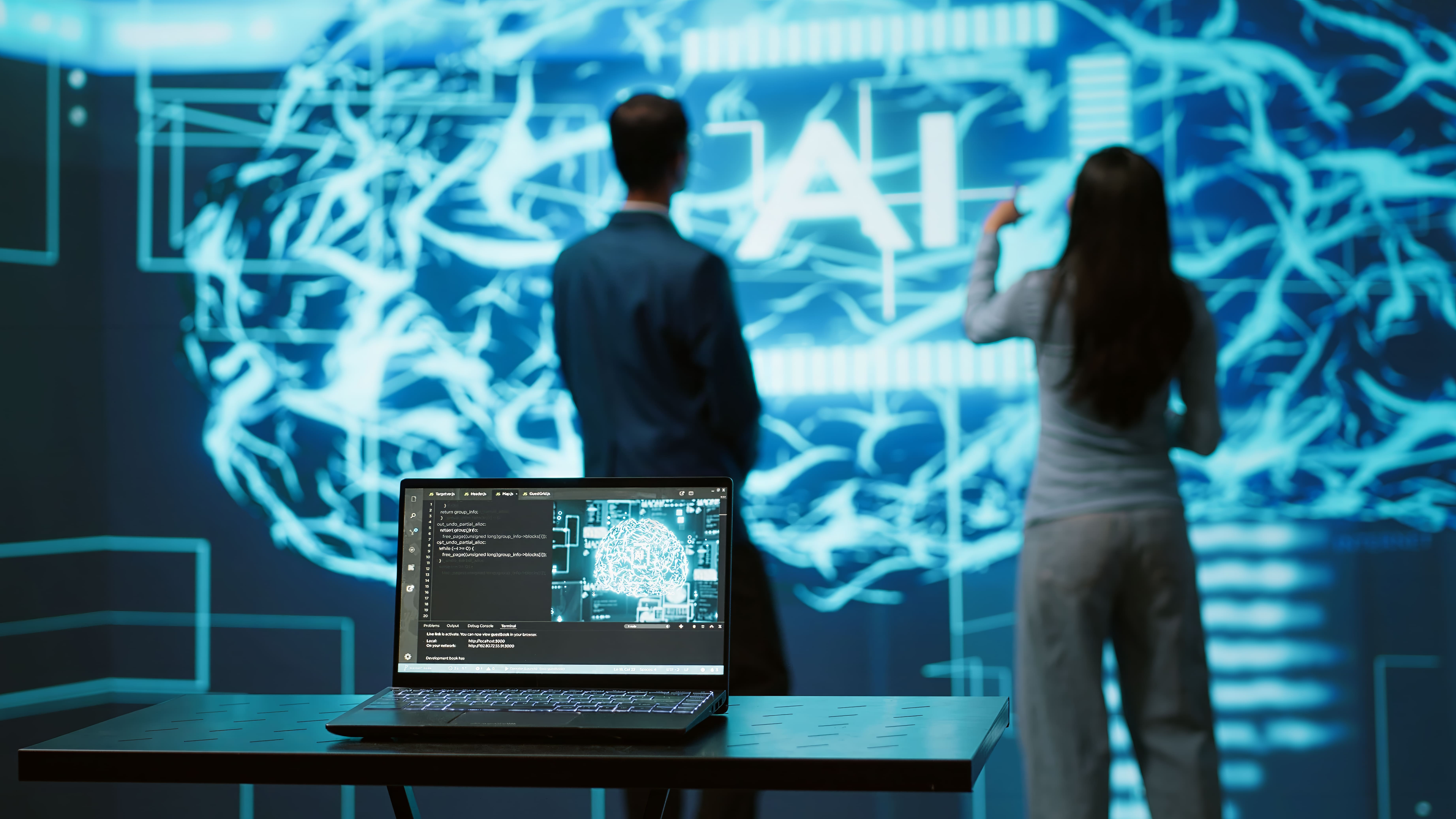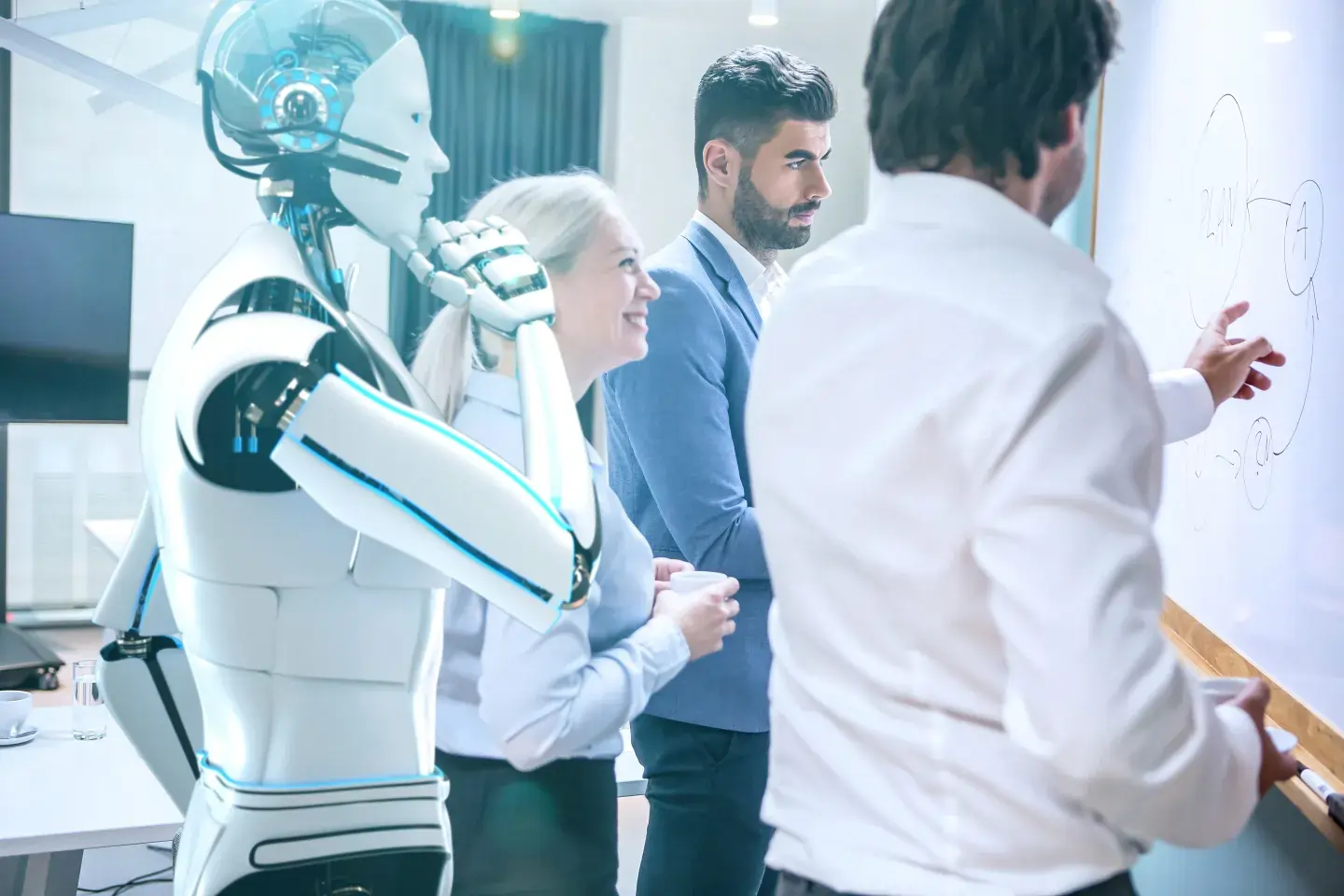AI Workflow Agents: The Next Evolution in Intelligent Work

Artificial intelligence has already transformed how businesses operate, from predictive analytics that forecast demand to generative AI tools that create content on command. But the next leap forward is not simply about producing outputs or crunching data faster. It is about AI workflow agents: intelligent digital teammates that can manage, coordinate, and execute complex workflows with minimal human intervention.
These agents represent a decisive shift from static, rule-based automation toward adaptive, goal-oriented execution. They are quickly becoming a cornerstone of modern enterprises that want to scale efficiently, reduce manual overhead, and empower employees to focus on strategy and innovation.
What Are AI Workflow Agents?
At their core, AI workflow agents are autonomous systems built to manage tasks and processes across multiple platforms. Unlike macros, chatbots, or traditional robotic process automation (RPA) scripts, these agents are designed to think, plan, and act in ways that resemble human teammates.
The unique capabilities of AI workflow agents include:
- Understanding context: Agents interpret the “why” behind a workflow, not just the “how.” For instance, they can recognize that a project deadline requires not only sending reminders but also escalating unresolved issues.
- Planning and sequencing actions: They break broad objectives into steps, order them logically, and then execute each in the correct sequence.
- Dynamic adaptation: When data changes or unexpected conditions arise, workflow agents adjust on the fly rather than breaking down.
- Collaboration with humans: Agents do not replace employees but interact with them by asking for input, escalating exceptions, or providing updates in real time.
Think of them as digital coworkers who understand how your organization actually operates and can act accordingly.
How AI Workflow Agents Differ From Generative AI
Generative AI and workflow agents both belong to the AI family, but their roles are very different.
- Generative AI is focused on creating outputs such as text, images, code, or recommendations. It is a powerful assistant for ideation and drafting.
- Workflow agents are designed to deliver outcomes by orchestrating and completing multi-step processes across systems.
For example:
- A Generative AI tool might respond to a prompt by writing a report on customer churn.
- An AI workflow agent would go further: gather churn data from the CRM, run predictive analysis, draft the report, circulate it for review, integrate feedback, and upload the final version to the company’s knowledge base.
One creates content. The other drives end-to-end execution. This distinction is what makes workflow agents the next evolution in enterprise AI adoption.
Use Cases of AI Workflow Agents
The potential of workflow agents stretches across industries and departments. Here are some of the most common use cases already delivering measurable impact:
a) Project & Task Automation
AI workflow agents track milestones, assign responsibilities, and send automated follow-ups. Instead of a project manager manually updating tasks in Jira or Asana, the agent keeps everything synchronized and escalates bottlenecks.
b) Customer Support Operations
Agents triage incoming tickets, resolve routine issues, retrieve relevant account data, and escalate only complex cases to human representatives. This accelerates response times and improves customer satisfaction.
c) DevOps Monitoring & Incident Response
In IT and DevOps, workflow agents act as proactive monitors. They detect anomalies, run diagnostics, deploy fixes, and notify the correct stakeholders—all without requiring manual oversight.
d) Document Management
Agents manage documents from creation through approval and compliance checks. They ensure version control, route files for review, and automatically archive approved versions to the right systems.
e) Sales & Marketing Coordination
AI workflow agents synchronize campaign data, update CRM records, and manage lead flow. For example, when marketing captures a new lead, the agent ensures sales receives it instantly, updates the CRM, and triggers follow-up actions.
These examples highlight the versatility of workflow agents in breaking down silos and keeping work moving fluidlyacross different functions.
Why AI Workflow Agents Are a Game-Changer
Organizations adopting workflow agents experience benefits that go far beyond traditional automation.
- Fewer silos: Agents act as bridges across disconnected platforms such as Microsoft 365, Google Workspace, Slack, Jira, Salesforce, and other enterprise tools.
- Time savings: By handling repetitive coordination tasks, agents free employees for strategic, creative, and customer-facing work.
- Scalability: Workflows scale naturally as organizations grow, without requiring constant reconfiguration.
- Resilience: Agents adapt to shifting priorities and changing inputs instead of failing like rigid RPA scripts.
- Employee empowerment: Teams can focus on innovation rather than getting bogged down in administrative upkeep.
In short, AI workflow agents are not just about saving time. They are about unlocking entirely new ways of workingthat elevate both efficiency and creativity.
Challenges with Traditional Automation
To fully appreciate the value of workflow agents, it helps to understand the limitations of older automation methods.
- Macros and scripts are powerful but brittle. A small change in inputs or formatting can break the entire process.
- RPA solutions handle repetitive tasks but often require constant maintenance and lack adaptability.
- Basic chatbots or standalone AI tools provide narrow functionality without integrating into broader workflows.
The result is fragmented systems where employees still perform the “glue work” between tools—switching platforms, copying data, and coordinating updates. AI workflow agents eliminate this glue work entirely.
How Burai Uses AI Workflow Agents
Many vendors claim to offer AI-powered automation, but Burai was designed with workflow agents at its core. This difference is critical because it means agentic execution is not an afterthought or add-on feature—it is the foundation of the platform.
Burai’s Approach to Workflow Agents
- Real Workflow Mapping
Burai learns how teams actually operate. Instead of imposing rigid, idealized processes, the system observes habits and adapts to them.
2. Cross-Platform Execution
From Microsoft and Google to Slack, Salesforce, and cloud-based project tools, Burai agents execute tasks seamlessly across systems.
3. Centralized Oversight
Every action taken by Burai’s agents is logged and monitored, giving organizations trust, transparency, and compliance.
4. Agent-Driven Efficiency
Burai agents do not simply automate tasks. They proactively optimize workflows, prevent errors, and ensure work flows smoothly between departments.
This is why Burai’s workflow agents are production-ready from day one, delivering measurable return on investment without lengthy setup cycles.
Future Outlook: Agents as the New Baseline
Looking ahead, AI workflow agents will become the new baseline for intelligent work.
Generative AI has shown us the value of co-creation. Traditional automation has reduced repetitive workloads. But workflow agents combine intelligence, adaptability, and execution in a way that fundamentally redefines digital transformation.
Organizations that embrace them now will see compounding benefits:
- Higher productivity across teams
- Stronger employee retention by reducing burnout
- Faster innovation cycles
- Improved customer satisfaction
The future of enterprise AI will not be powered by disconnected bots or dashboards. It will be driven by autonomous workflow agents that act as digital teammates, seamlessly embedded into every process.
Final Thoughts: Agents, Not Just Automation
The workplace of tomorrow is not about adding more dashboards, scripts, or disconnected AI tools. It is about deploying agents that understand objectives and deliver outcomes.
AI workflow agents are the missing link between people, processes, and platforms. They transform fragmented operations into seamless execution that is faster, smarter, and more resilient.
Organizations that adopt them today will lead in productivity, adaptability, and innovation. Those that delay risk falling behind as agents quickly move from competitive advantage to business necessity.
💡 See how Burai’s AI workflow agents transform fragmented tasks into intelligent, connected workflows. Request a demo today.



